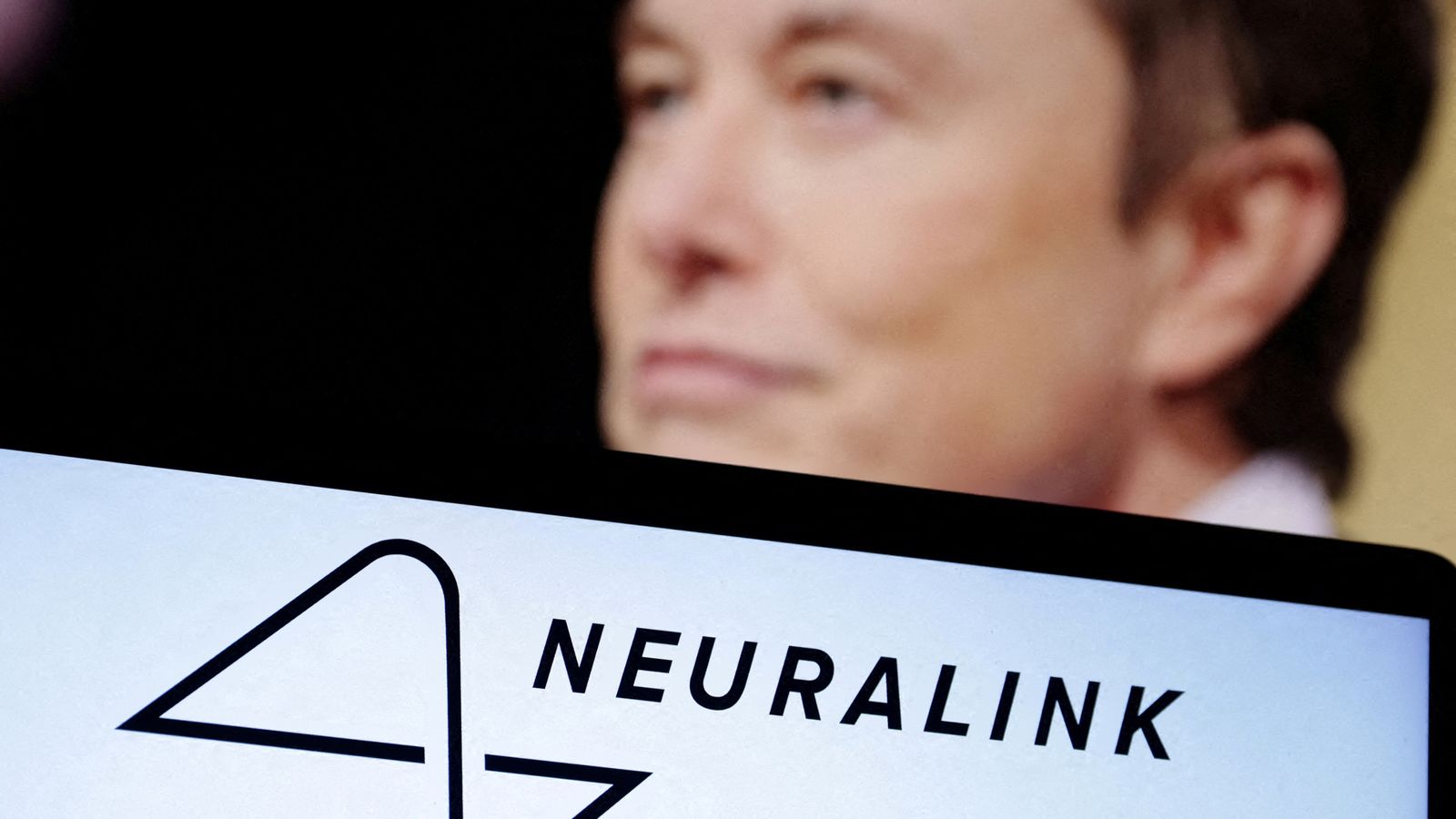Neuralink, has successfully implanting a wireless brain chip in a human patient for the first time. The announcement comes after the company received approval from the US Food and Drug Administration (FDA) in May.

Also Read: Honor Magic V2 Review: 9.9mm Foldable Smartphone
Elon Musk took to X to share the news, stating that the initial surgery was completed successfully, and the patient is recovering well.
The implant reportedly demonstrated promising neuron spike detection, showing that the device can detect signals from individual neurons in the brain.
Although specific details about the patient and the number of neurons detected were not disclosed, Musk’s optimism suggests a positive outcome.
Musk also revealed that Neuralink’s inaugural product would be named ‘Telepathy.’ This technology plans to enable individuals to control their phones, computers, and almost any device simply by thinking.
The initial focus will be on aiding those who have lost the use of their limbs, with Musk envisioning a future where individuals like the late Stephen Hawking could communicate faster than professional typists or auctioneers.
Neuralink’s brain-computer interface (BCI) involves the surgical placement of ultra-fine threads, thinner than human hair, using a specially designed robot.
These threads are positioned in a region of the brain responsible for controlling movement intention. The experimental implant, powered by a wirelessly chargeable battery, records and transmits brain signals to an app, which decodes the user’s intention to move.
Also Read: Google Unveils Lumiere a Text to Video Creation AI
While Neuralink achieved, it faces competition from other companies with similar goals. Blackrock Neurotech, with a history dating back two decades, implanted its first brain-computer interface in 2004.
Precision Neuroscience, a Neuralink co-founder’s venture, also plans to assist individuals with paralysis using a simpler implantation procedure.
The FDA’s approval for Neuralink’s human trial was a milestone for the company, overcoming early struggles to gain regulatory clearance.
The six-year study, named ‘PRIME’ (Precise Robotically Implanted Brain-Computer Interface), involves assessing the safety of Neuralink’s N1 implant and R1 surgical robot, along with evaluating the functionality of the BCI.
The company’s commitment to improving the lives of individuals with neurological conditions questions about long-term effects, privacy, and misuse of such advanced technology.
Neuralink’s journey is part of brain-computer interface research, planning to interpret signals from the brain to treat conditions such as paralysis, epilepsy, and Parkinson’s disease.
The Utah array, demonstrated in 2004, and other companies like Synchron, Paradromics, and Precision Neuroscience contribute to the field.
Also Read: OnePlus 12 Review: The Flagship Phone Without AI






















